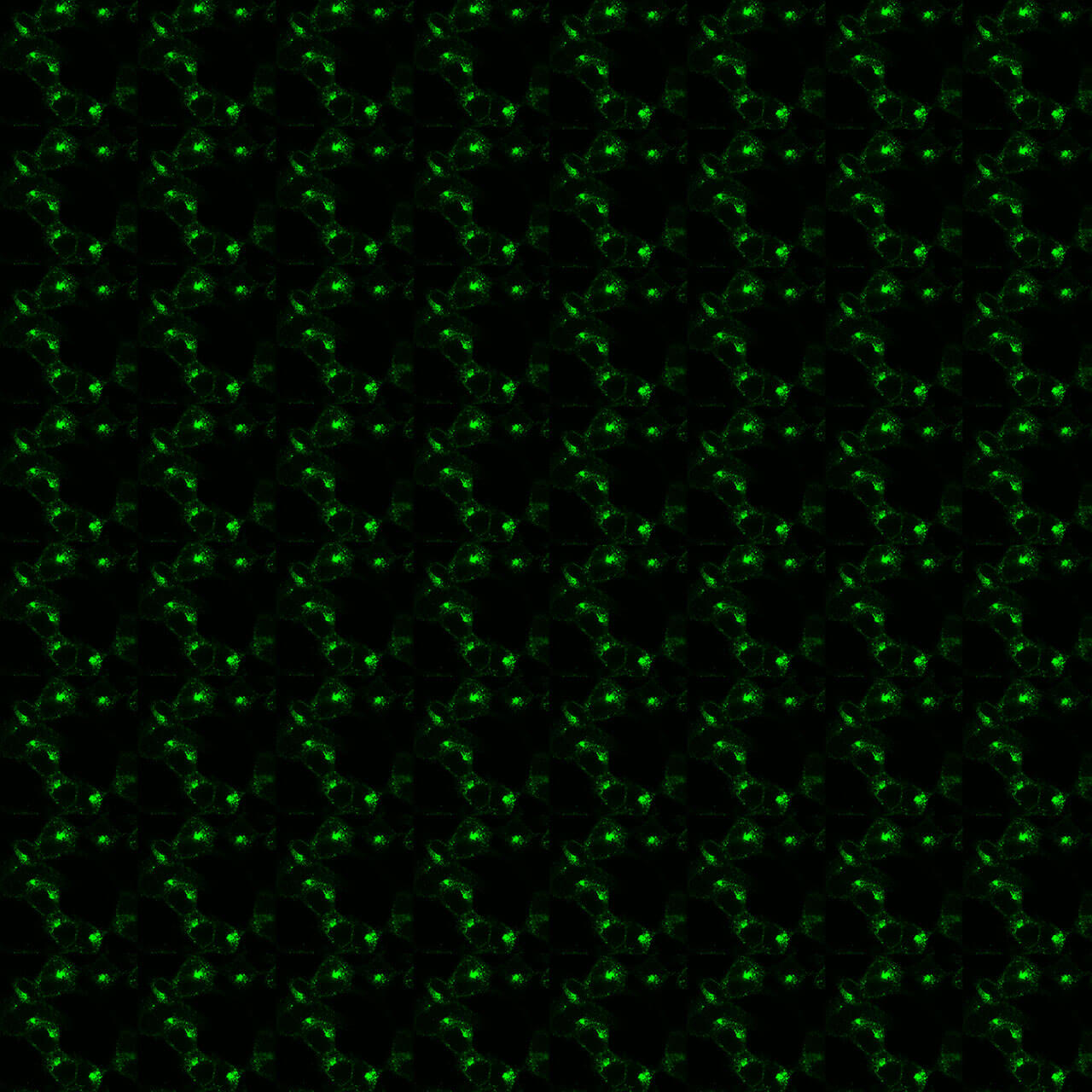Prices plus VAT plus shipping costs
Ready to ship today,
Delivery time appr. 5-8 days
- Order number: 7TM0319N-GP
- Content: 100 µl
- Host: Guinea Pig
The non-phospho-µ-opioid receptor antibody is directed against the distal end of the carboxyl-terminal tail of mouse, rat and human MOP. It detects selectively the canonical form of MOP and none of the putative splice variants. It can be used to detect total MOP receptors in Western blots independent of phosphorylation. The non-phospho-MOP antibody can also be used to isolate and enrich µ-opioid receptors from brain lysates. It also detects MOP in cultured cells and tissue sections by immunohistochemistry.
| Alternative Names | MOP, OPRM1, µ-Opioid Receptor, Mu Receptor |
| IUPHAR Target ID | 319 |
| UniProt ID | P35372 (human) P42866 (mouse) P33535 (rat) |
| Western Blot (WB) | 1:1000 |
| Immunohistochemistry (IHC) | 1:100 |
| Species Reactivity | Human, Mouse, Rat |
| Host / Isotype | Guinea Pig / IgG |
| Class | Polyclonal |
| Immunogen | A synthetic peptide with the sequence LENLEAETAPLP which is present in carboxyl-terminal tail of human, mouse and rat MOP |
| Form | Liquid |
| Purification | Antigen affinity chromatography |
| Storage buffer | Dulbecco's PBS, pH 7.4, with 150 mM NaCl, 0.02% sodium azide |
| Storage conditions | short-term 4°C, long-term -20°C |
Figure 1. Validation of the µ-Opioid Receptor in transfected HEK293 cells. Native HEK293 cells (MOCK) or HEK293 cells stably expressing the µ-Opioid Receptor (MOP) were lysed and immunoblotted with the phosphorylation-independent anti-MOP antibody (7TM0319N-GP) at a dilution of 1:1000.
Figure 2. Immunohistochemical identification of µ-Opioid Receptor in Striatum. Sections were dewaxed, microwaved in citric acid, and incubated with anti-MOP (µ-Opioid Receptor) antibody (7TM0319N-GP) at a dilution of 1:100. Sections were then sequentially treated with biotinylated anti-guinea pig IgG and avidin-biotin solution.Color was developed by incubation in 3-amino-9-ethylcarbazole (AEC), and sections were counterstained with hematoxylin.




















